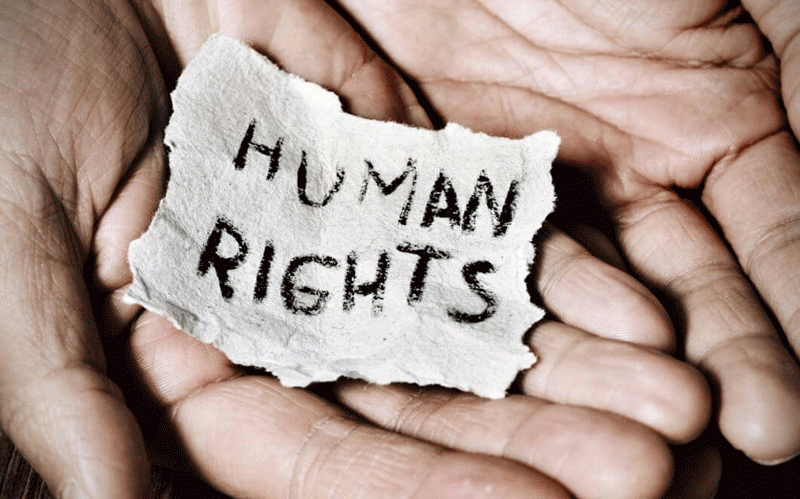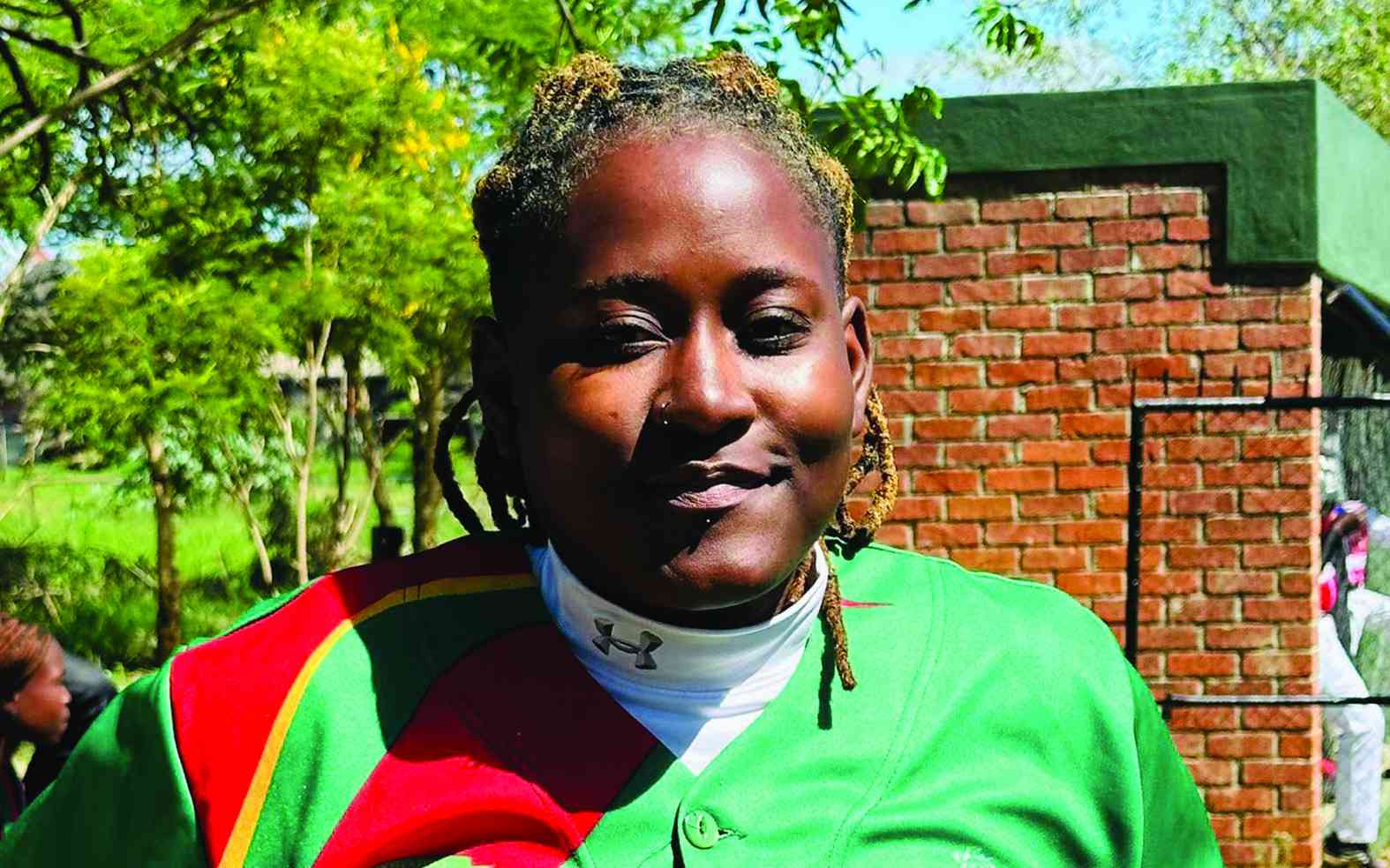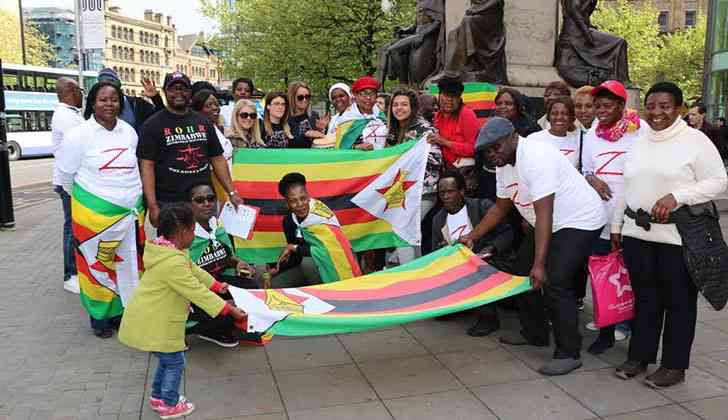
ON Monday, the Zimbabwe Lawyers for Human Rights (ZLHR) joined the rest of the continent in commemorating Africa Human Rights Day.
This event signifies Africa’s commitment to advancing and realising human rights since the adoption of the African Charter on Human and Peoples’ Rights (Banjul Charter) the founding treaty of the African human rights system.
This year’s commemoration coincided with the 81st Public Session of the African Commission on Human and Peoples’ Rights.
On this Africa Human Rights Day, ZLHR joined other civil society organisations and stands in solidarity — castigating the continued human rights violations across the continent, including election-related violence and conflict-induced human rights violations.
This year’s timely and appropriate African Union theme Educate and Skill Africa for the 21st Century spotlights the urgency of building resilient educational systems for increased access to inclusive, lifelong, quality and relevant learning in Africa.
Unfortunately, Africa continues to grapple with various socio-economic woes, which have introduced significant challenges in achieving Sustainable Development Goal 4 (SDG4) [“Ensure inclusive and equitable quality education and promote lifelong learning opportunities for all”].
The continent has failed to realise education as a crucial tool for sustainable human capacity development, primarily because of a fixation on civil and political rights.
Notwithstanding, the theme presents an opportunity for African governments and people to reflect on the declaration to protect, promote and safeguard human and peoples’ rights, including the right to education.
- Open letter to President Mnangagwa
- Feature: ‘It’s worse right now than under Mugabe’: Sikhala pays the price of opposition in solitary cell
- Masvingo turns down fire tender deal
- Human-wildlife conflict drive African wild dogs to extinction
Keep Reading
This is especially critical in this digital age, where access to the internet has become crucial.
In some African countries such as Zimbabwe, children in marginalised rural communities are deprived of such education opportunities as they do not have access to information synonymous with accessing the internet.
On this occasion, ZLHR invites African leaders, including the Government of Zimbabwe to prioritise the right to education envisaged in Article 17 of the Banjul Charter and swiftly act towards attaining the SDG4.
On the 38th anniversary of the Banjul Charter, ZLHR recognises its immense contribution to ensuring and sustaining the rights, dignity and welfare of African people.
However, despite ratifying the Banjul Charter in 1986, Zimbabwe continues to fall short in the observance of fundamental freedoms.
Human rights defender’s work continues to be criminalised in Zimbabwe and wanton violations of the fundamental freedoms and rights to free expression, assembly and association, among others remain commonplace.
This is a cause for concern especially in the aftermath of the human rights violations including arbitrary arrests and detention, abduction and torture of about 188 human rights defenders, political activists and pro-democracy campaigners in the lead-up to the 44th Session of the Southern African Development Community Heads of State and Government Summit.
This challenge stands to erode Zimbabwe’s human rights record and the strides taken since adopting the Banjul Charter.
ZLHR, therefore, makes a clarion call on the Government of Zimbabwe to do more to promote the observance of elemental rights.
On Africa Human Rights Day, ZLHR urges the government to;
- Expeditiously implement all outstanding recommendations that have been made by the African Commission on Human and Peoples’ Rights in its concluding observations and recommendations following submission of previous Zimbabwe Government Periodic State reports;
- Abandon the Private Voluntary Organisations Amendment Bill as its adoption will severely curtail operations, independence and effectiveness of civil society organisations in contravention of the Banjul Charter;
- Adhere to the dictates of the Banjul Charter as regards the right to education prescribed in Article 17 and contribute to the achievement of Sustainable Development Goal 4.
- Address the barriers and challenges affecting quality education in Africa and accelerate efforts towards the realisation of free education. - ZLHR











